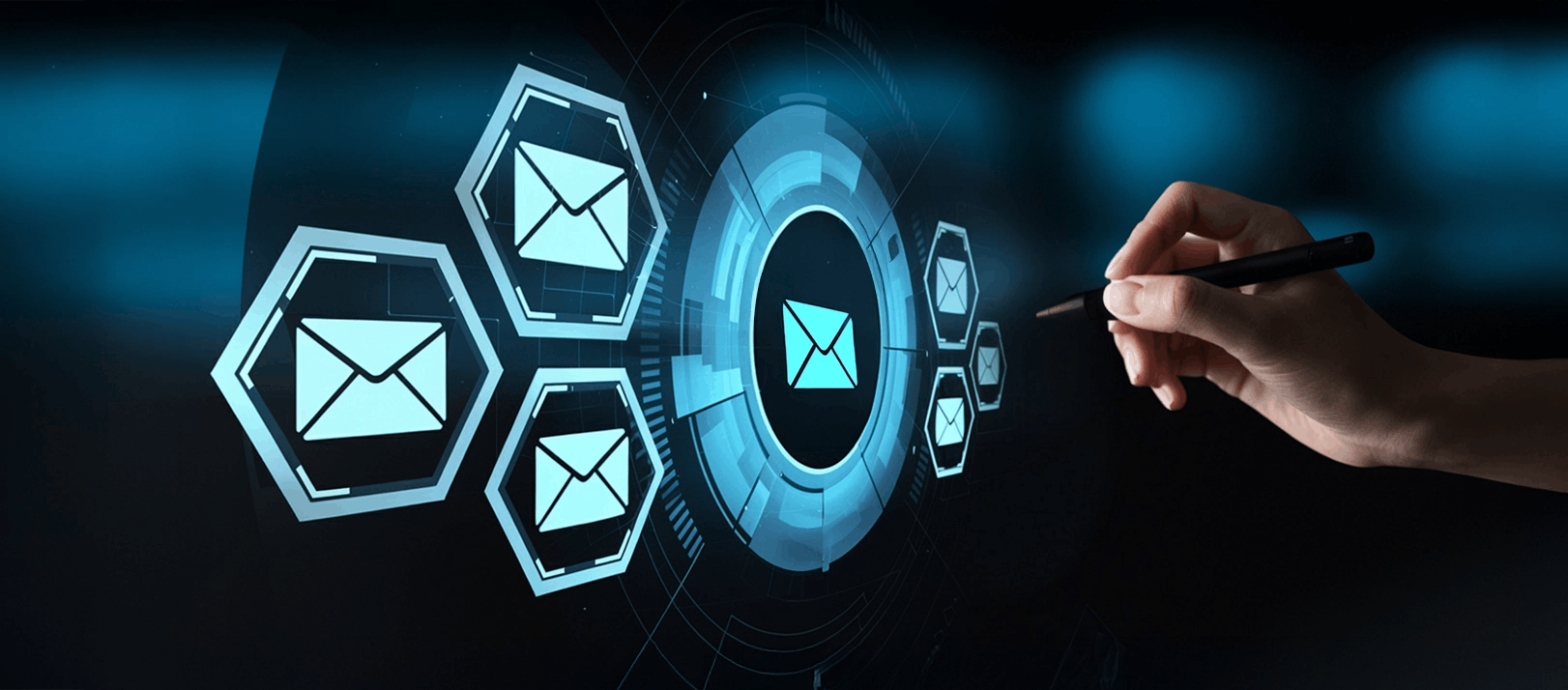
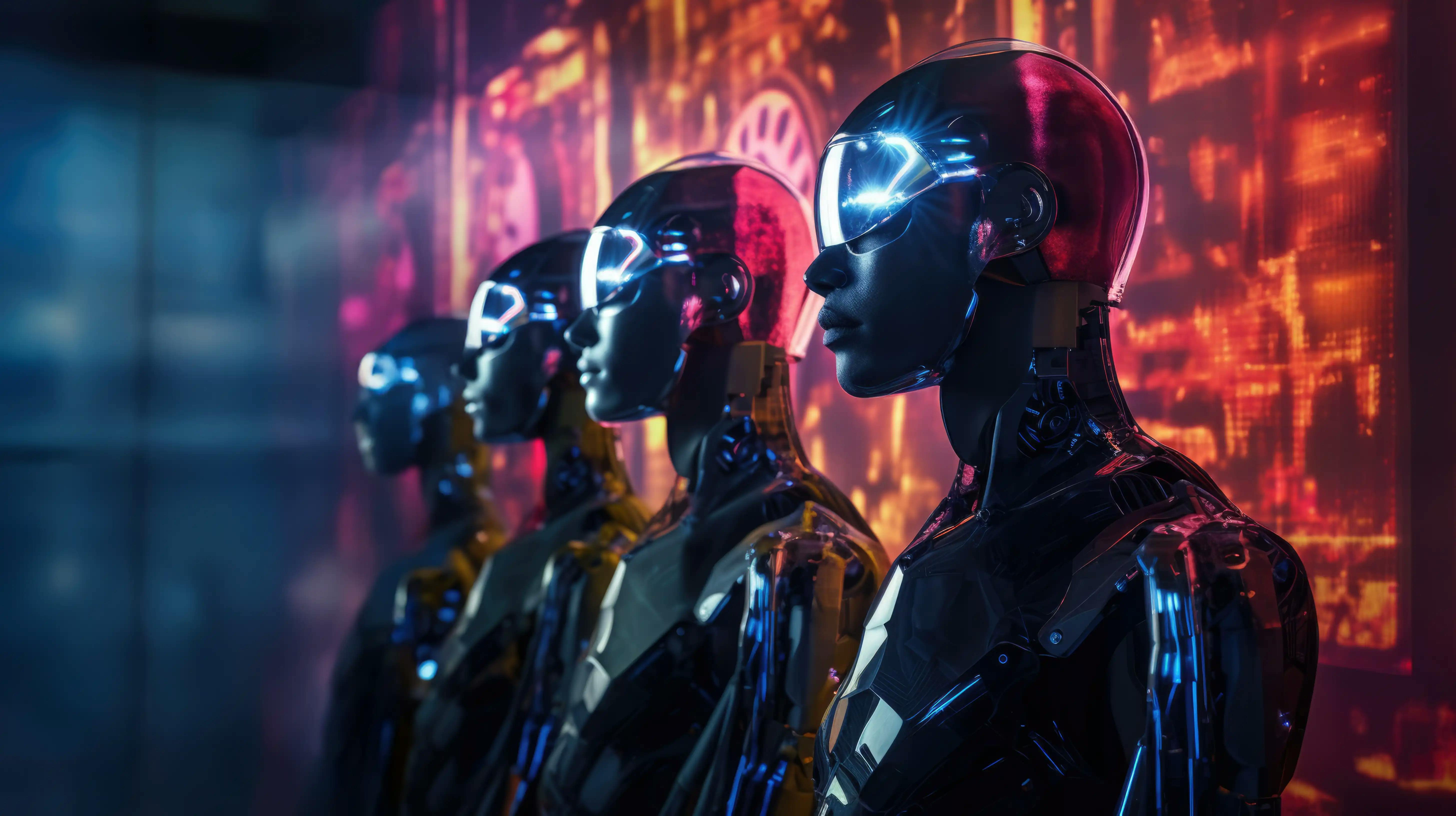

Let’s talk about the logistics company, which is finding it difficult to deal with the increasing demand for quick deliveries at the peak of the shopping season. The traditional methods are ineffective in handling the situation, due to the fact of the delays in inventory updates, route optimization as well as customer service.
They bring in collaborative AI agents - each one meant to handle a specific assignment. One of the agents is responsible for real-time stock updates and the other one is in charge of the delivery routes optimization based on the live traffic data. The third one is responsible for the customer communication streamlining. In a matter of days, the system is humming with efficiency and the bottlenecks are gone. This is not a future projection, rather it is the present-day phenomenon of collaborative agent AI systems that have been transforming industries.
This case demonstrates the amazing idea of collaborative AI agents-smart systems that can join forces to deal with problems that no single AI is capable of dealing with alone.
Collaborative AI agents of so-called multi-agent systems are a group of autonomous, intelligent entities that have been designed to work in such a way that they aim at achieving common goals. They are the agents doing not only communication, coordination and decision-making but also the ones who are extremely “effective” when it comes to the more complex and multifaceted tasks.
Traditional AI systems usually do one task at a time. Collaborative agents, on the contrary, are taught to collaborate and share tasks. This distributed method increases scalability, fault tolerance and general efficiency. As a result, they are perfectly suitable for fields such as healthcare, logistics, manufacturing and e-commerce.
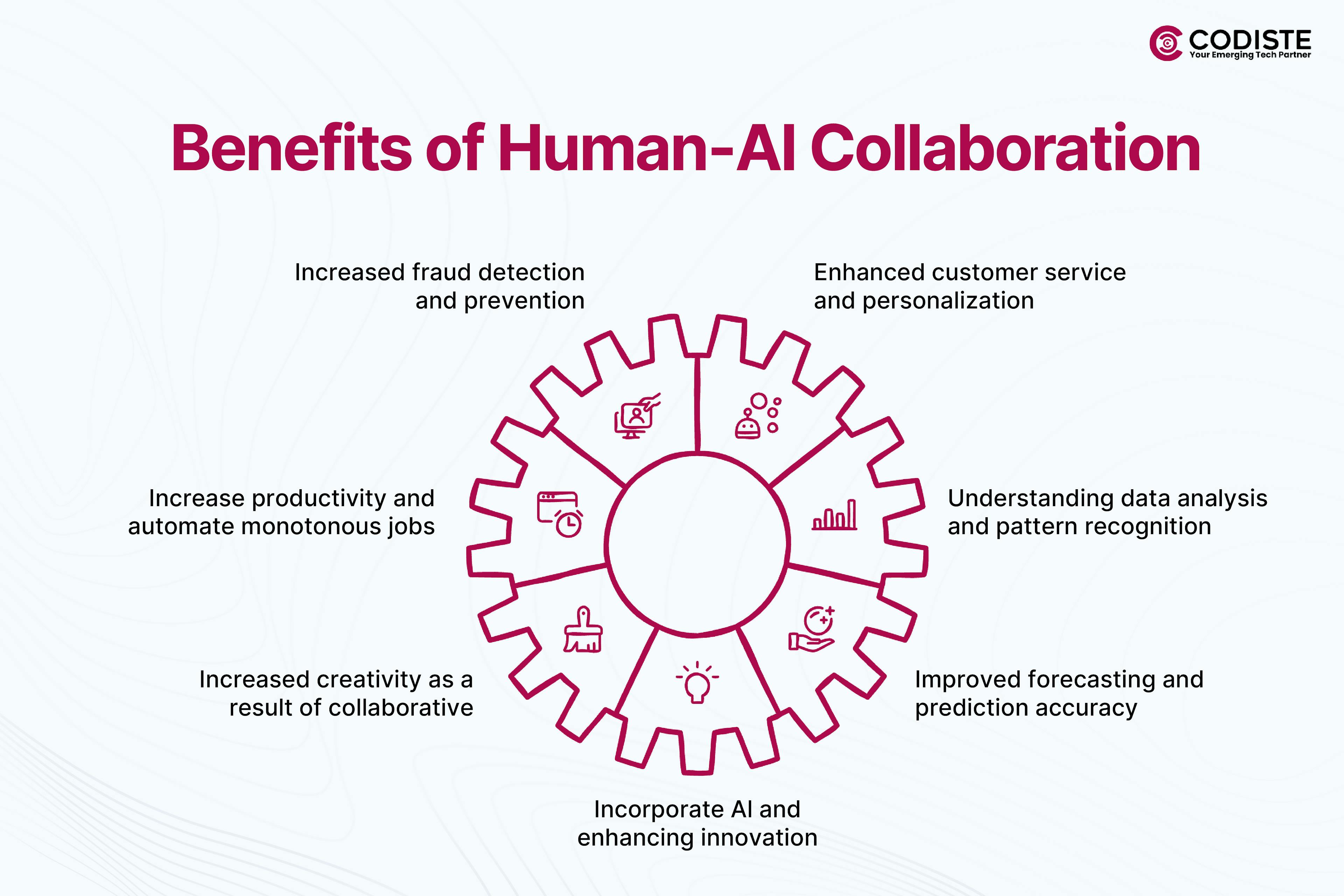
The versatility of collaborative AI agents of collaborative AI agents is witnessed across different fields. See the way they influence different sectors:
AI agents can control hospital workflows by working in tandem with other agents that take care of activities from patient admission, diagnostics and treatment scheduling. In this case, one agent could be analyzing medical scans, while another agent is on the resource allocation, thus helping in the delivery of the most high-class care.
Agents coordinate customer-related services to improve customers' experiences. Some are in charge of monitoring the existing inventory; others analyze data about customers to forecast sales, while others provide users with tailored product recommendations.
Traffic management systems utilize AI agents to manage the traffic flow and thus, decrease the congestion. Agents get the raw data from traffic and analyze it in real time, accordingly, they change the signal timings and even suggest alternative routes to drivers if necessary.
Collaborative agents generate customized educational content for students. For instance, one agent assesses a student’s progress and another one delivers personalized lesson plans and study aids.
Through the division of tasks, these systems can achieve unmatched efficiency and scalability in comparison to any other counterparts.
Self-driving cars make sure to drive safely and efficiently thanks to the use of several AI agents that work together. One of the agents constantly keeps track of the movement around the car, another agent identifies the pedestrians' movements and still another one decides the best navigation protocol. Together, they guarantee security and efficiency on the road.
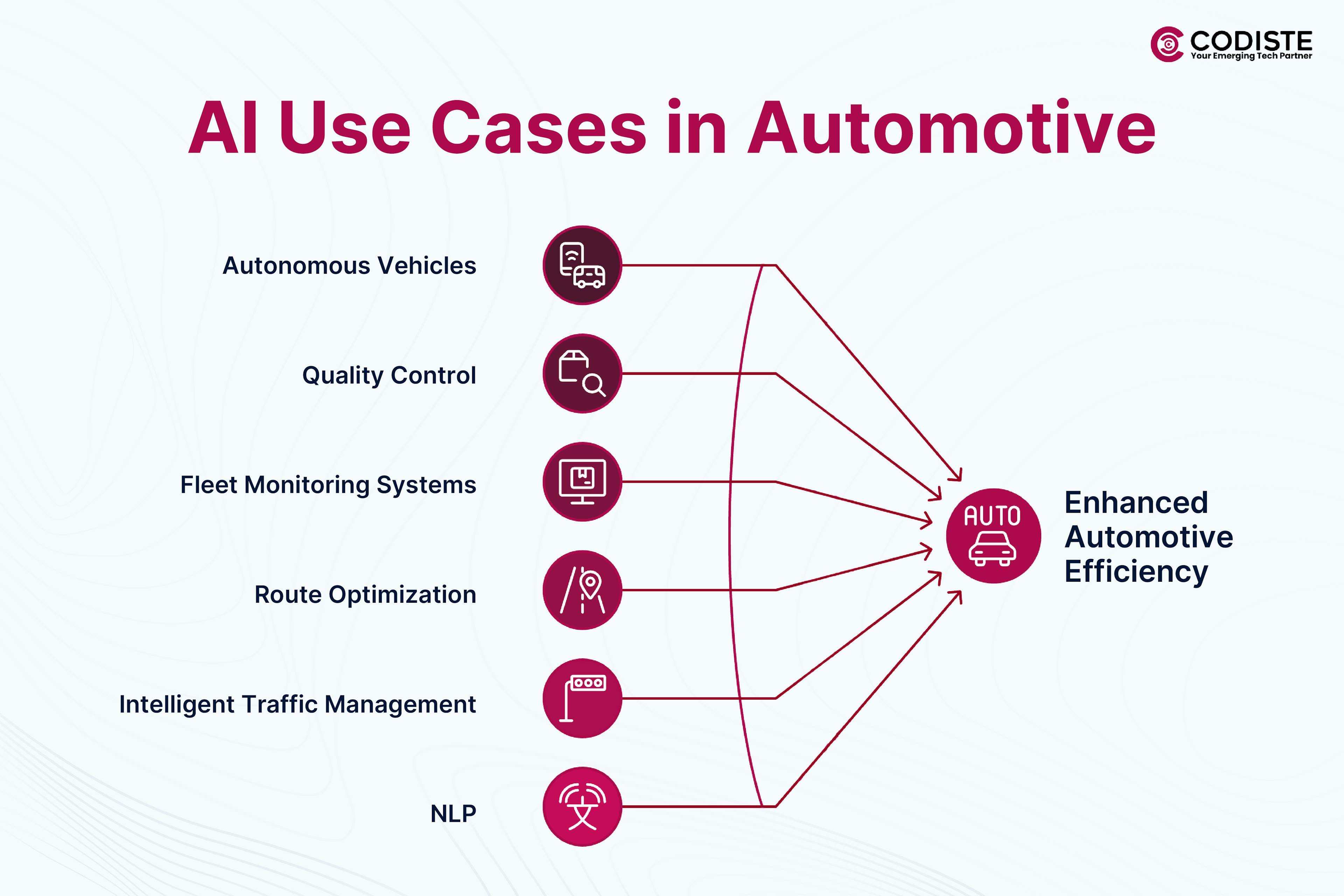
In banking, collaboration agents identify fraud, break down market trends and even manage customer portfolios. They distribute accurate and efficient financial management to the customers by harmonious cooperation. OpenAI’s algorithms is an example of human AI collaboration in the finance industry. It enables investors to form ideas and patterns by analyzing financial data. Ultimately, it helps investors to make informed decisions.
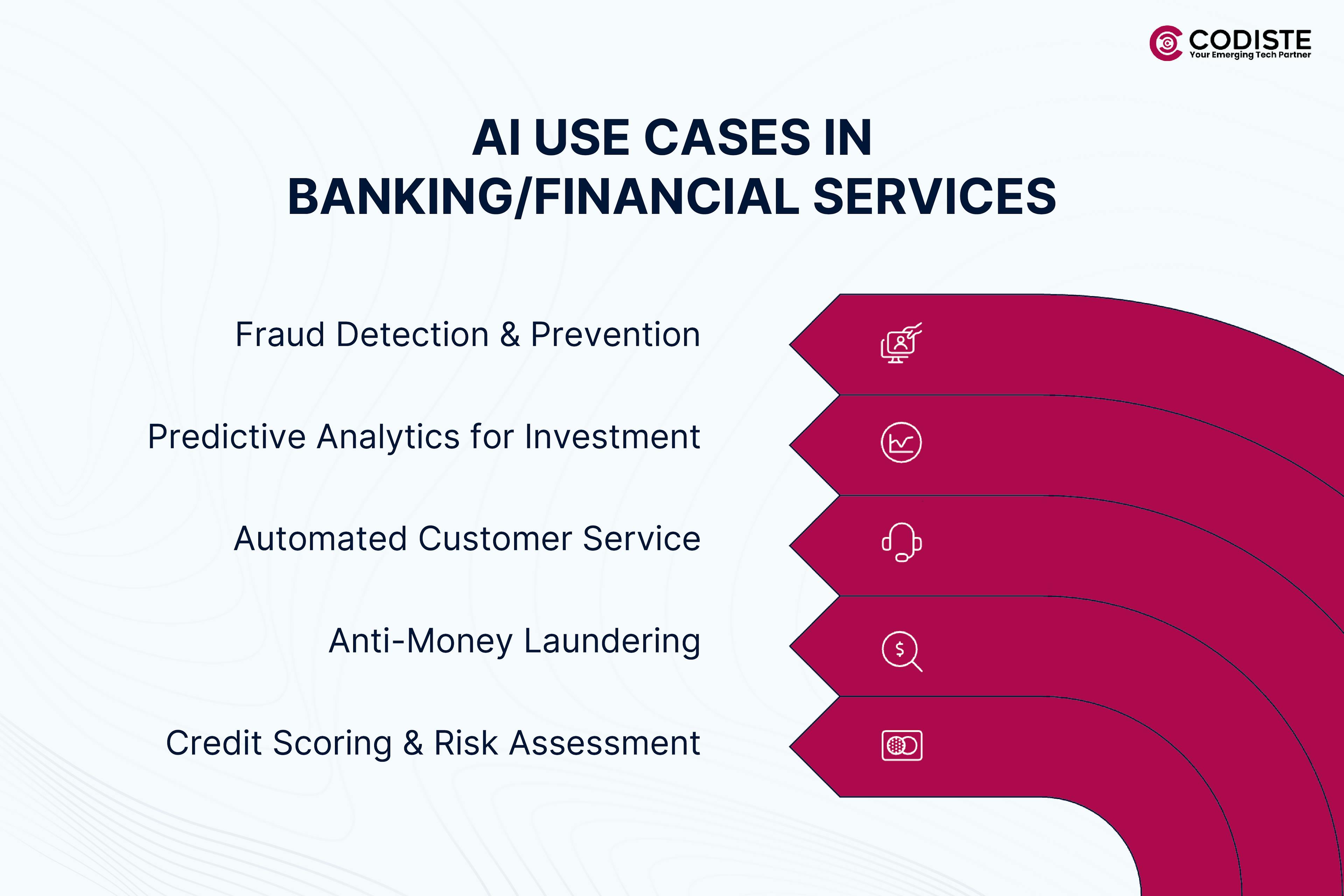
AI agents, chatbots and virtual assistants co-operate to improve customer support. While one chatbot can answer questions that are frequently asked, another chatbot helps customers by transferring the requests to human agents when needed.
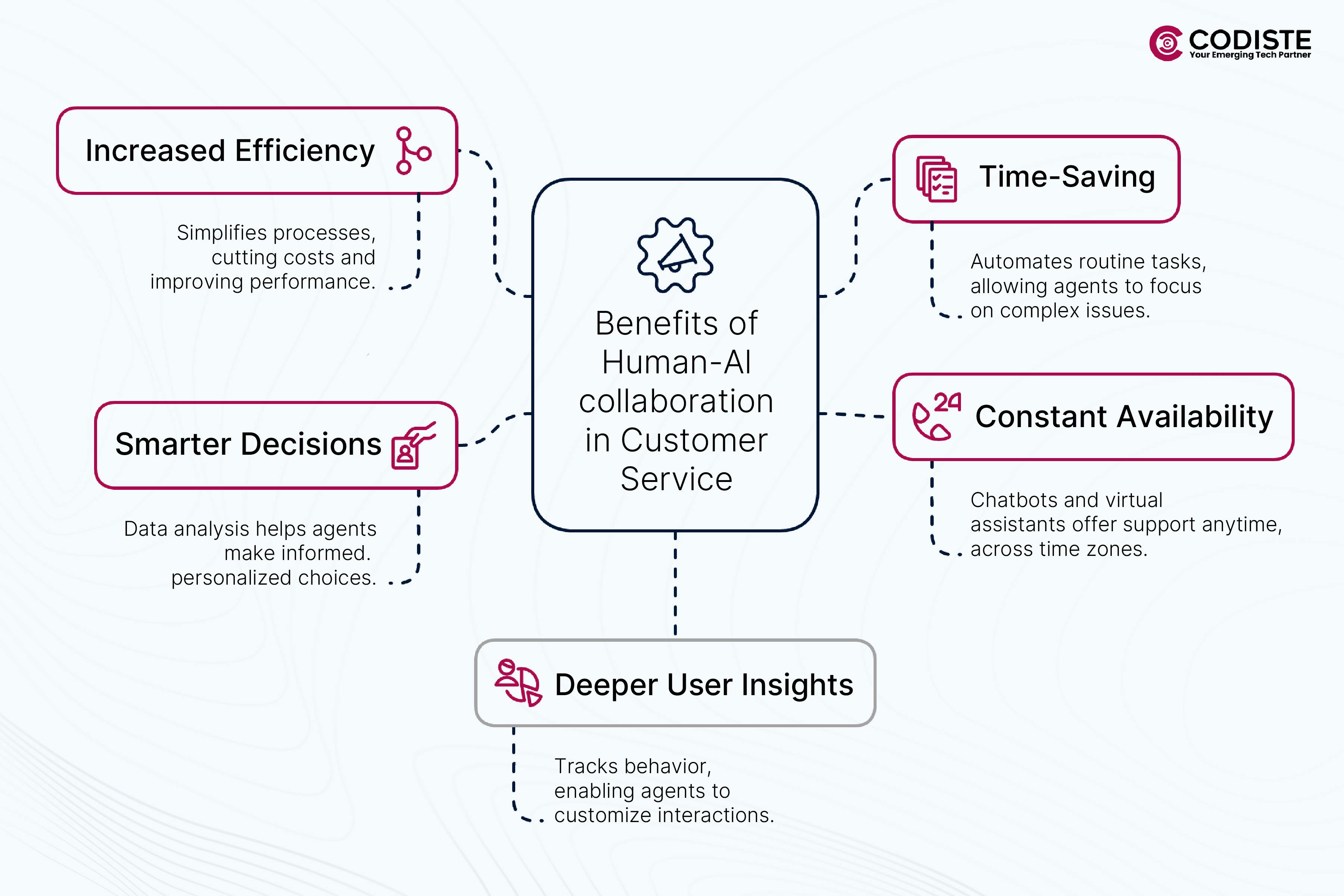
Above examples are highlighting the remarkable nature of experiences where AI agents collaborate with one another.
Decentralized computing and the core idea of collective intelligence are the major principles of multi-agent systems. This means that each agent is acting independently for their function. However, all agents are moving towards a common goal which is the major focus. Let’s checkout the step-by-step approach - how multi-agent systems function:
Each agent is designed to perform specific tasks based on its strengths. Such kinds of specialized work are collecting data, processing information or carrying out defined actions. This division of assigned tasks ensures that the right agent is handling the right task. This increases the overall efficiency of the process. Let’s checkout the example of a smart factory. One agent could focus on monitoring production and another can work on predicting maintenance needs. You can employ another agent that can work on managing quality control.
Agents should follow a basic communication protocol. This helps to share information in real-time. This continuous exchange allows them to synchronize in better ways. This ensures that they all have the latest data and based on that the agents can make more informed decisions.
Agents with experience in a particular area of work are assigned similar tasks. This ensures that they can collaborate to reach a common objective. For example, the agent in charge of inventory management may have the job of monitoring stock in the shop. Another agent may be planning out the delivery schedule. This collaborative nature of working helps to avoid repetition and also smooth operations.
Agents keep on learning through their actions and results. They modify their algorithms to enhance the successful completion of future tasks. For instance: the interaction of agents with customers is fine-tuned by sentiment analysis feedback. This will help them to communicate with the customers effectively.
This decentralized yet coordinated system helps the multi-agent systems to solve complex tasks efficiently.
What’s the cost of not understanding AI agents in 2025?
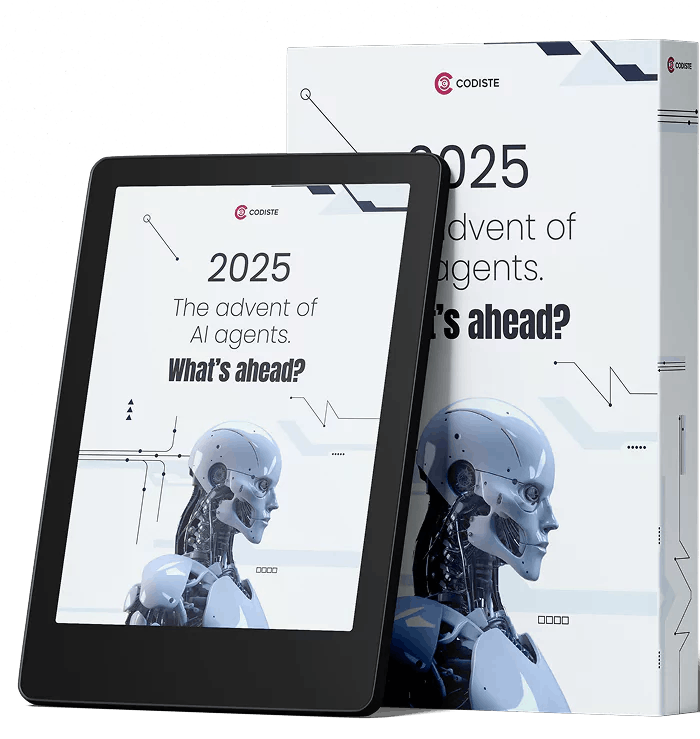
Here are some of the best practices to be followed while implementing multi-agent systems:
All agents should work together to achieve a mutual and commonly agreed-upon goal. This will clear out confusion and inefficiency in the work. As an example: lone logistics can have the objective of shorter delivery times. Agents can do their tasks properly with a clear target in mind. A defined objective will ensure that their actions are easily integrated and monitored for progress.
Agents from various systems can easily share and interpret the data with a common and well-defined communication protocol. This will remove all data silos. This will also ensure a boost of collaboration among the employees. It plays a major part in situations where agents developed by various vendors need to work together.
A highly encrypted technique helps to safeguard the confidential data that is being transmitted between the agents. This helps to guarantee privacy and correct information. This type of defined security protocol also prevents unauthorized access to the network. This helps to prevent loss or leakage of private information. This focused approach toward security leads helps to earn trust and compliance with different regulations.
Testing agents should be done in simulated scenarios. This will help to recognize potential weaknesses or problems in the system before it is deployed. This type of real-world ensures that the agents can deal with real-world challenges.
Agents' performance should be monitored continuously to figure out any potential problems. This also helps to figure out the areas that need immediate attention and modifications. Continuous optimization process ensures the system is working at its best all the time. This whole process ensure that the agents are adapting to the new challenges with no difficulty.
Yes, as the strength of collaborative AI agents is their capacity to augment human capabilities. They can also perform defined tasks in a better way that was not done before. They can do the work in a much faster, smarter and more creative way. These made them completely different from the traditional process of problem-solving
Collaborative agents help to make healthcare systems better, increase efficiency in transportation and a more effective learning process. Companies investing in collaborative AI agents will have a competitive edge over others. They will be getting better results while saving on costs, time and energy.
Collaborative AI agent services are making impressive growth daily. This intelligent method of operations can perform even difficult tasks. They can perform their individual tasks efficiently while interacting with each other to achieve a common goal. This can bring down costs and increase productivity in industries. Collaborative agents can play a major role in achieving better customer service and more efficient operations.
Hiring AI agent development companies in the USA can help businesses in creating and implementing of AI collaborative agents. They have years of experience in developing multi-agent systems and can offer customized AI Agent solutions based on your specific needs and demands. Thinking to take your ideas from AI agent concept creation to artificial intelligence agent development? Contact an AI expert for innovative conversational AI agent solution for your business.


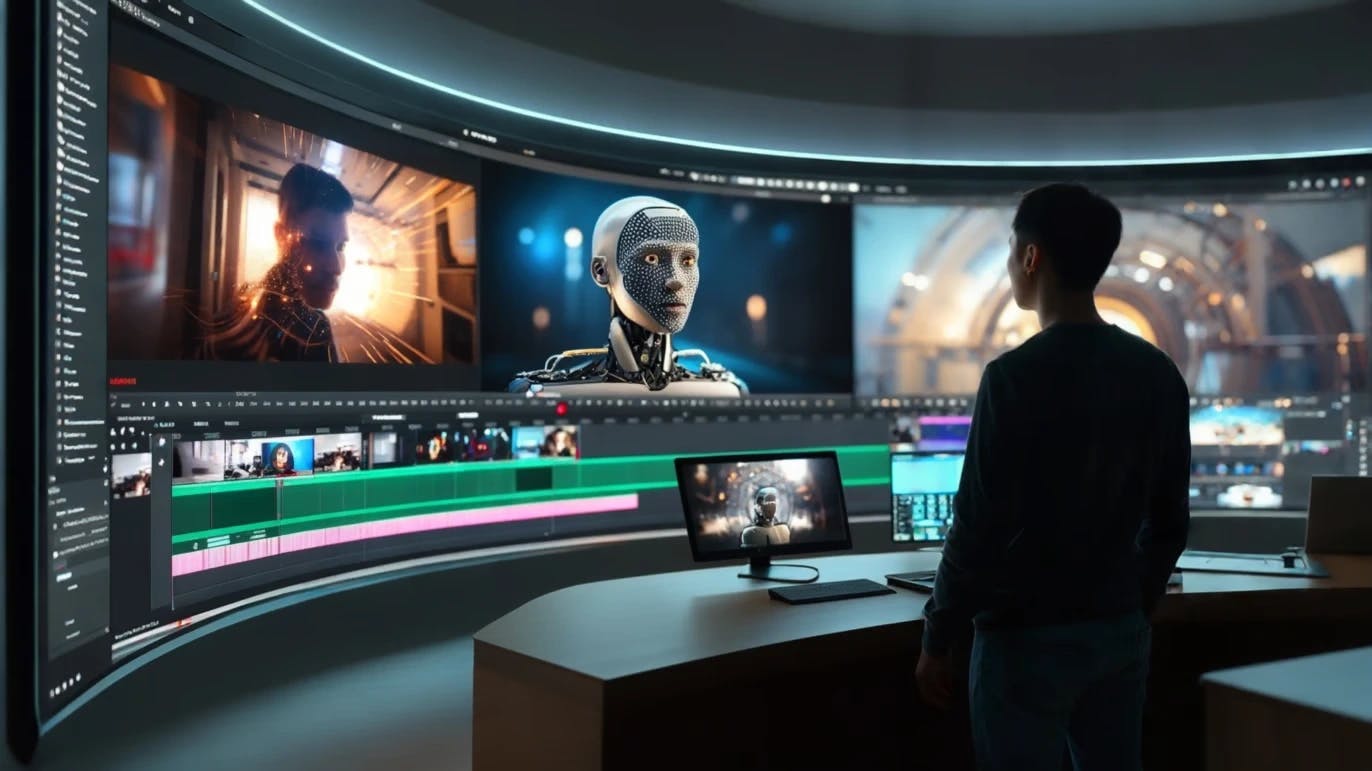

Every great partnership begins with a conversation. Whether you’re exploring possibilities or ready to scale, our team of specialists will help you navigate the journey.